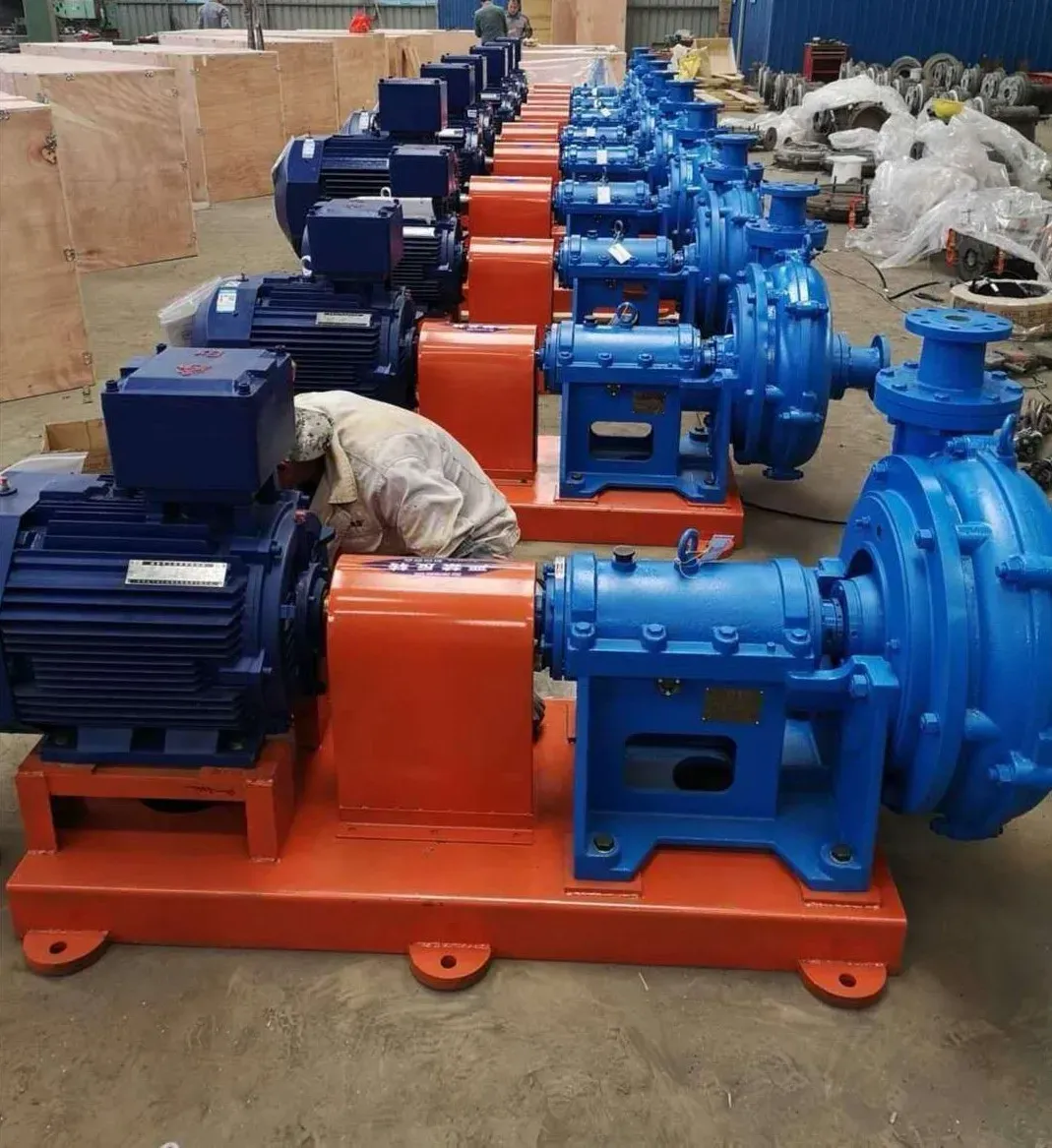Yoruba
- Afrikaans
- Albanian
- Amharic
- Arabic
- Armenian
- Azerbaijani
- Basque
- Belarusian
- Bengali
- Bosnian
- Bulgarian
- Catalan
- Cebuano
- Corsican
- Croatian
- Czech
- Danish
- Dutch
- English
- Esperanto
- Estonian
- Finnish
- French
- Frisian
- Galician
- Georgian
- German
- Greek
- Gujarati
- Haitian Creole
- hausa
- hawaiian
- Hebrew
- Hindi
- Miao
- Hungarian
- Icelandic
- igbo
- Indonesian
- irish
- Italian
- Japanese
- Javanese
- Kannada
- kazakh
- Khmer
- Rwandese
- Korean
- Kurdish
- Kyrgyz
- Lao
- Latin
- Latvian
- Lithuanian
- Luxembourgish
- Macedonian
- Malgashi
- Malay
- Malayalam
- Maltese
- Maori
- Marathi
- Mongolian
- Myanmar
- Nepali
- Norwegian
- Norwegian
- Occitan
- Pashto
- Persian
- Polish
- Portuguese
- Punjabi
- Romanian
- Russian
- Samoan
- Scottish Gaelic
- Serbian
- Sesotho
- Shona
- Sindhi
- Sinhala
- Slovak
- Slovenian
- Somali
- Spanish
- Sundanese
- Swahili
- Swedish
- Tagalog
- Tajik
- Tamil
- Tatar
- Telugu
- Thai
- Turkish
- Turkmen
- Ukrainian
- Urdu
- Uighur
- Uzbek
- Vietnamese
- Welsh
- Bantu
- Yiddish
- Yoruba
- Zulu
Telephone: +86 13120555503
Email: frank@cypump.com
Aug . 07, 2024 15:30 Back to list
Effective Solutions for Managing Wastewater with Advanced Toilet and Sewage Pump Technologies
Understanding Toilet Sewage Pumps Importance and Functionality
In modern plumbing systems, the proper disposal of sewage and wastewater is crucial for maintaining hygiene and sanitation. Among the various components that facilitate this process, toilet sewage pumps play a pivotal role. These specialized pumps are designed to transport waste from toilets to the main sewage system or septic tank, ensuring a clean and efficient waste disposal process.
What is a Toilet Sewage Pump?
A toilet sewage pump, often referred to simply as a sewage pump or macerating pump, is a device that helps to move wastewater containing solids and liquids from one point to another
. Unlike regular sump pumps, which handle clear water, sewage pumps can manage wastewater laced with human waste, toilet paper, and other solids. Typically, these pumps are installed in basements, where plumbing may not be at a level to gravity-drain sewage directly into the main line, or in applications where conventional sewer lines are too far away or significantly elevated.How Does a Toilet Sewage Pump Work?
Toilet sewage pumps operate on a straightforward principle. When a toilet is flushed, the waste and water mix and flow into the pump’s holding tank. Inside the tank, there’s a float switch that detects the water level. Once a predetermined level is reached, the float switch activates the pump. The sewage pump employs a grinding mechanism that macerates the solids, breaking them down into a slurry that can be easily propelled through pipes. This slurry is then pumped through discharge piping and into the main sewer line or septic system, effectively removing waste from the property.
The Importance of Toilet Sewage Pumps
1. Sanitation and Hygiene The primary purpose of sewage pumps is to maintain hygiene in residential and commercial spaces. By effectively transporting waste away from toilets, sewage pumps help prevent backups and overflows, which can lead to unhygienic conditions and unpleasant odors.
toilet sewage pump

2. Versatility Sewage pumps are versatile and can be used in various applications. They are commonly found in homes with basement toilets, in commercial buildings, and even in portable restrooms. Their ability to handle both liquids and solids makes them essential for many plumbing configurations.
3. Cost-Effective Solutions While the installation of a sewage pump may involve upfront costs, it can save money in the long run by preventing plumbing disasters caused by sewage backups. Additionally, they allow for the installation of bathrooms in locations that might not otherwise have been feasible due to plumbing constraints.
4. Environmental Protection Proper waste removal is critical for environmental sustainability. By ensuring that sewage is efficiently transported to treatment facilities, sewage pumps help mitigate the risk of contamination and protect local ecosystems.
Maintenance and Care
Toilet sewage pumps require regular maintenance to ensure optimal performance. Homeowners should regularly check for clogs in the pump and the discharge line. Keeping the pump clean and free of debris, and ensuring that the float switch operates correctly, can prevent potential issues. Professional inspections can also help identify problems early before they escalate into significant repairs.
Conclusion
Toilet sewage pumps are indispensable for efficient waste management in various settings. They not only enhance the sanitation of building environments but also serve as a practical solution for plumbing challenges. Understanding their functionality, importance, and maintenance needs is vital for any property owner. By ensuring these systems are well-maintained, we can contribute to a cleaner, healthier, and more sustainable living environment.
-
Horizontal Split Case Pump with GPT-4 Turbo | High Efficiency
NewsAug.01,2025
-
ISG Series Pipeline Pump - Chi Yuan Pumps | High Efficiency, Durable Design
NewsAug.01,2025
-
Advanced Flue Gas Desulfurization Pump with GPT-4 Turbo | Durable & Efficient
NewsJul.31,2025
-
ISG Series Vertical Pipeline Pump - Chi Yuan Pumps | Advanced Hydraulic Design&Durable Construction
NewsJul.31,2025
-
ISG Series Vertical Pipeline Pump - Chi Yuan Pumps | Energy Efficient & Low Noise
NewsJul.31,2025
-
pipeline pump - Chi Yuan Pumps Co., LTD.|High Efficiency&Low Noise
NewsJul.31,2025










